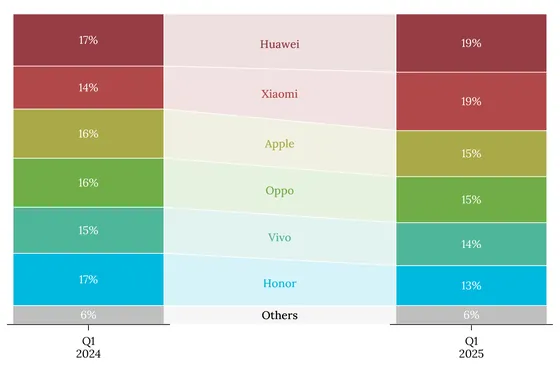
Unveiling the Secrets of Host Cell Protein Analysis: Cutting-Edge Techniques and Innovations
2025-01-13
Author: Rajesh
In the rapidly evolving world of biopharmaceuticals and biotherapeutics, the focus on product safety and efficacy is paramount. Medicines derived from living cells offer groundbreaking treatments, but there's a hidden challenge lurking within those cells—host cell proteins (HCPs). These proteins, while unintentional by-products of the production process, can contaminate the final therapeutic product, potentially leading to a range of problems, including allergic reactions, decreased efficacy, and compromised safety.
Recent Advances in HCP Analysis
Recent advances in HCP analysis have transformed the way biopharmaceutical companies approach this critical component of drug development. Here are some key techniques and innovations driving progress in HCP analysis:
1. Advanced Analytical Techniques
Techniques such as mass spectrometry and high-performance liquid chromatography (HPLC) have become core methods for identifying and quantifying HCPs. These tools allow scientists to differentiate between therapeutic proteins and contaminating HCPs with high sensitivity and specificity.
2. High-Throughput Screening
Automation has revolutionized HCP analysis, enabling high-throughput screening methods that allow researchers to quickly analyze multiple samples. This accelerates the detection and quantification of HCPs, ensuring that only the safest and most effective treatments reach patients.
3. Regulatory Endorsements
Regulatory bodies, including the FDA and EMA, have issued guidelines emphasizing the importance of HCP analysis in product development. Compliance with these regulations not only ensures safety but also enhances the credibility of biopharmaceutical products.
4. Innovative Remediation Strategies
Companies are investing in developing innovative purification techniques to minimize HCPs during the biomanufacturing process. These strategies include the use of affinity chromatography and knockout cell lines that are engineered to reduce HCP expression.
5. Collaborative Research Initiatives
The biopharmaceutical industry is increasingly participating in collaborative research initiatives aimed at sharing best practices and developing standard methodologies for HCP analysis. Such partnerships enhance the overall knowledge base and improve outcomes across the industry.
In summary, understanding and managing host cell proteins is vital for developing effective and safe biopharmaceuticals. As technology and methodologies continue to advance, the ability to detect and eliminate HCPs is becoming more refined, safeguarding both the therapeutic products and the health of individuals relying on them. This ongoing journey into HCP analysis not only enhances the quality of medicines but also promises to unlock new horizons in biotherapeutic developments. Stay tuned, as these innovations are shaping the future of healthcare!




 Brasil (PT)
Brasil (PT)
 Canada (EN)
Canada (EN)
 Chile (ES)
Chile (ES)
 Česko (CS)
Česko (CS)
 대한민국 (KO)
대한민국 (KO)
 España (ES)
España (ES)
 France (FR)
France (FR)
 Hong Kong (EN)
Hong Kong (EN)
 Italia (IT)
Italia (IT)
 日本 (JA)
日本 (JA)
 Magyarország (HU)
Magyarország (HU)
 Norge (NO)
Norge (NO)
 Polska (PL)
Polska (PL)
 Schweiz (DE)
Schweiz (DE)
 Singapore (EN)
Singapore (EN)
 Sverige (SV)
Sverige (SV)
 Suomi (FI)
Suomi (FI)
 Türkiye (TR)
Türkiye (TR)
 الإمارات العربية المتحدة (AR)
الإمارات العربية المتحدة (AR)